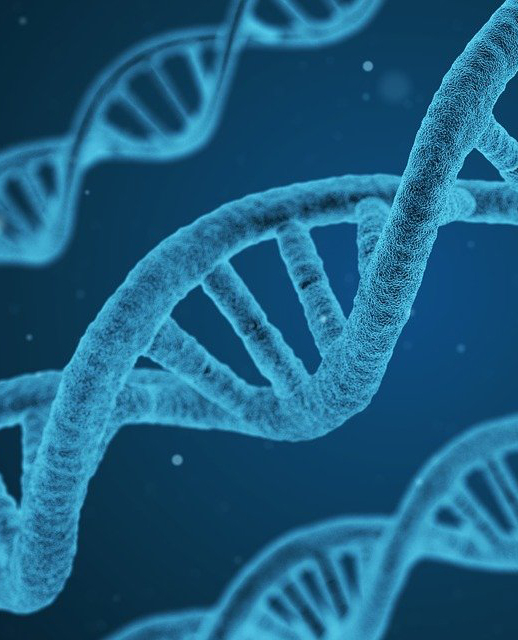Digital Water
The great water challenges of our time are climate change, population growth and increasing urbanization, ageing and overly stressed infrastructure. These factors inflict significant pressure on our urban water systems as well as water reservoir systems. Water resources are under stress from over-allocation, increased water demand, pollution, climate change, and outdated water related policies. Traditional approaches for delivering water for human consumption, industrial production, agriculture, power generation, and ecosystems are no longer adequate to meet emerging demands. More precisely, the water industry, and in particular water utilities, needs to adapt in order to meet the emerging demands of a dynamic, highly deregulated and competitive environment under changing climate conditions. In such an environment, water industries need to continue to deliver essential services including safe and secure drinking water, stormwater management, wastewater management, flood management, hydroenergy generation, and improvement of ecosystems.
Digital water is based on data gathered from sensor networks and smart management systems installed across the different water service sectors with the aim to create enhanced insight and thus improve decision-making processes. As in the case of smart digital systems in other industries, digital water applications bring an exponential increase in the amount of data generated within different water sectors. Digital water applications enable rapid and decisive analysis that, in turn, provide an increase in system visibility. Therefore, maintenance of the water systems will be provided based on the data collected, alongside expert knowledge. By redefining our water systems and integrating them into smart network systems, benefits will be guaranteed to consumers and also to environment at a pace that was previously impossible to imagine.
In fact, these challenges and their increasing complexity necessitate a paradigm shift to the next generation of water systems beyond traditional water infrastructure. Cyber-physical systems, digitalization and big data where software, sensors, processors, communication and control technologies are increasingly integrated, offer great potential for the water industry and enable it to make informed decisions in an increasingly changing, complex and uncertain environment.
Authors are encouraged to submit papers on topics relevant to this session that include, but are not limited to the following:
- Data acquisition (e.g., satellite imagery, drones, and on-the-ground sensors and smart meters),
- Big data analytics,
- High performance computing,
- Artificial intelligence,
- Digital twins and real-time controls,
- Advanced statistical methods,
- Blockchain.
The track chairs invite scientists, engineers, and decision-makers from government, industry, and academia to contribute with theoretical and applied research papers.
Co-chairs:
- Milivojević, Nikola (nikola.milivojevic@gmail.com).
Jaroslav Černi Institute, Belgrade, Serbia
- Stojanović, Boban (boban.stojanovic@vodena.rs).
Department of Mathematics and Informatics, Faculty of Science, University of Kragujevac, Kragujevac, Serbia
- Stojković, Milan (milan.stojkovic@ivi.ac.rs).
The Institute for Artificial Intelligence Research and Development of Serbia, Novi Sad, Serbia







































